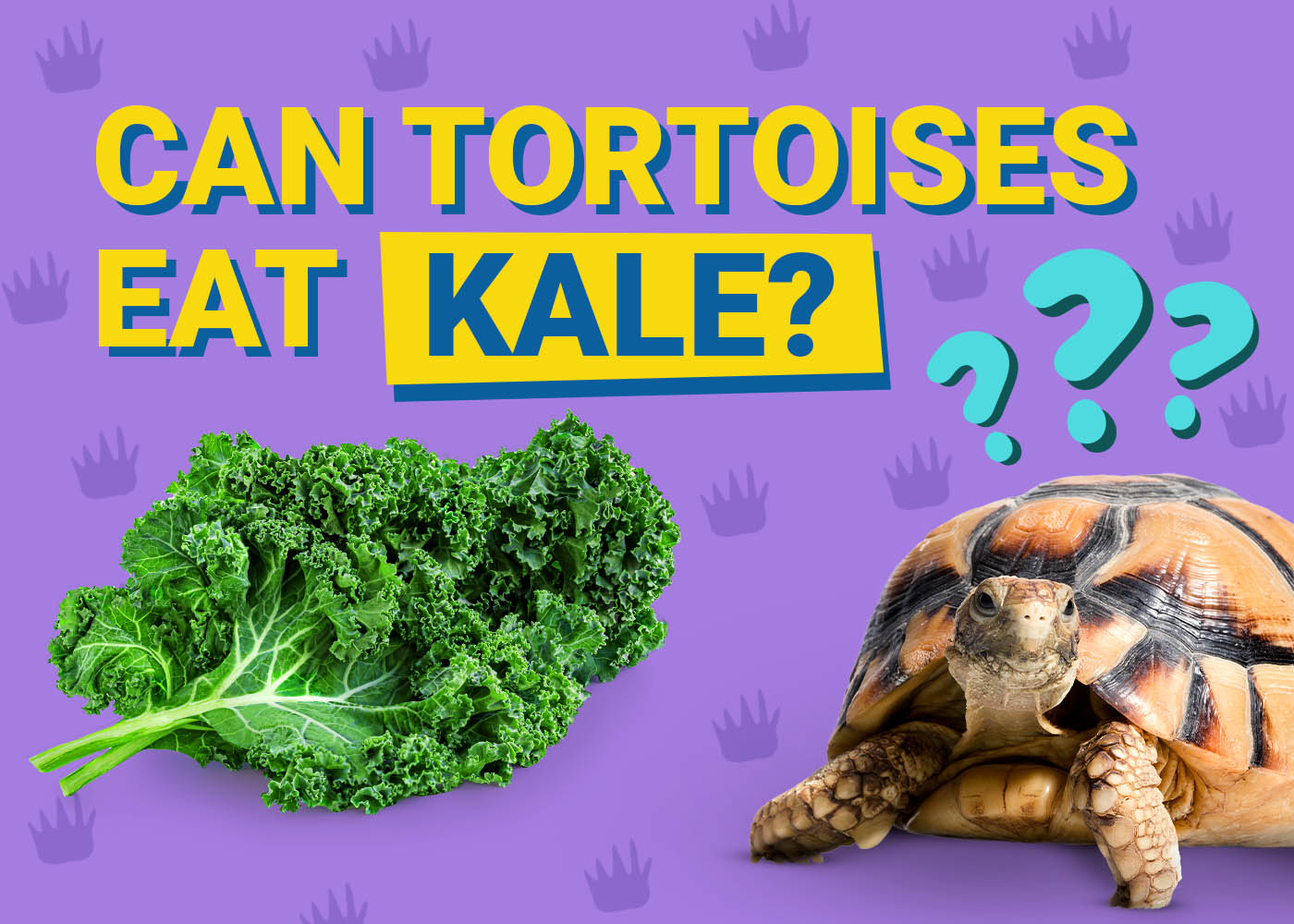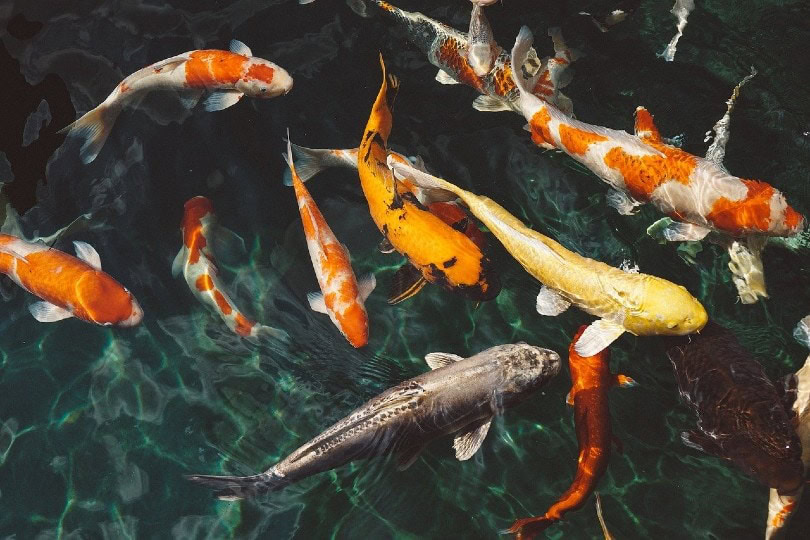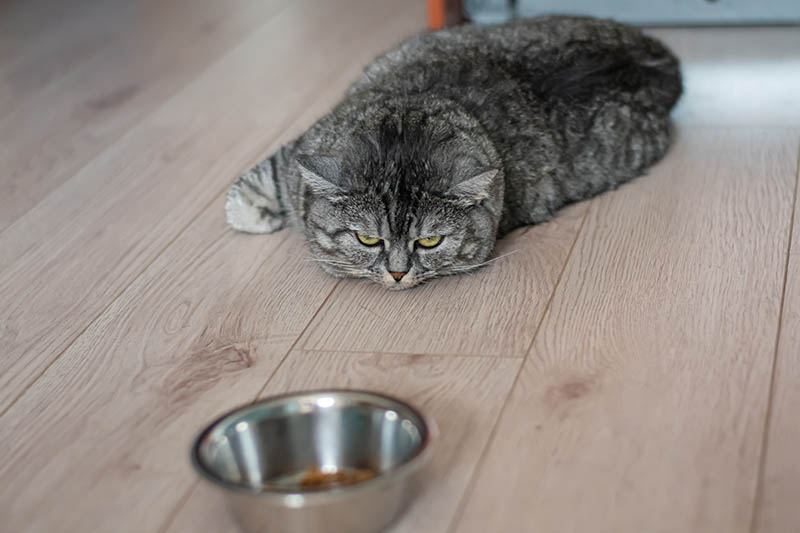VET APPROVED

The information is current and up-to-date in accordance with the latest veterinarian research.
Learn more »Tortoises will eat nearly anything that comes near their powerful, sharp beaks. If you’re lucky enough to be the pet parent of one of these gentle—and often giant—creatures, you know how important it is to provide them with proper nutrition. Since the ideal diet for a tortoise in captivity is one that most closely replicates what they would eat in the wild, you might wonder if your pet tortoise can eat kale. Yes, they can, but how depends on the origin of their species.
We know that it can be confusing, so read on as we discuss a few key facts about this superfood and what you need to know about feeding it to your shelled companion.
Nutritional Benefits of Kale
Kale deserves its reputation as a superstar food: It is packed with vitamins A, C, and K, fiber, calcium, potassium, manganese, and many other nutrients. It is also low in calories while being an excellent source of plant-based protein. However, its raw leaves can be quite tough, and its strong taste does not appeal to all palates. Still, it remains a fabulous food from a nutritional point of view.
One of the oft-cited disadvantages of kale is its apparently high oxalate content (oxalates are organic compounds naturally present in plants and vegetables). When consumed in large amounts, these compounds can bind to calcium and potentially lead to the formation of kidney or bladder stones in some people and animals.1
However, kale doesn’t contain as many oxalates as one might think. In fact, this superfood comes in at the very bottom of the list of oxalate-rich leafy greens. For comparison, 1/2 a cup of cooked spinach contains 755 milligrams of oxalates, while kale only contains 2 milligrams per cup.
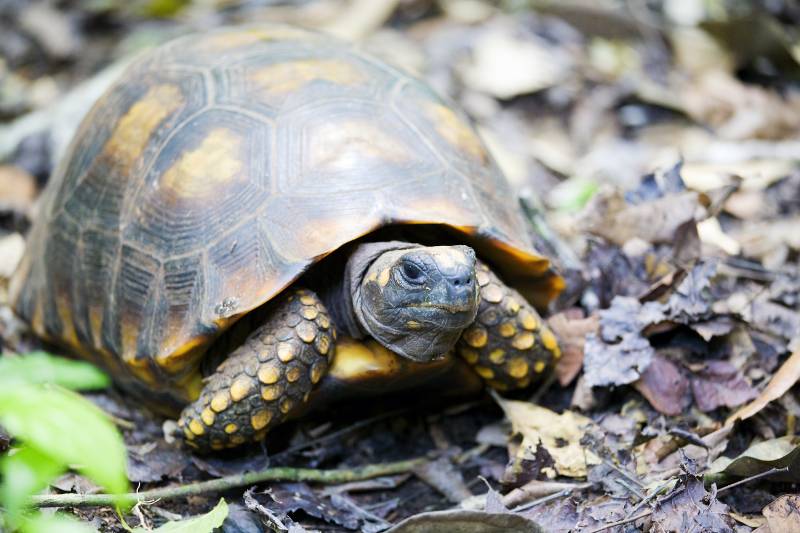
What the Experts Say About Feeding Tortoises Kale
According to the San Diego Tortoise and Tortoise Society, certain species of tortoises, such as the Sulcata (Centrochelys sulcata) and Leopard tortoise (Stigmochelys pardalis), should not be fed kale because of its thiocyanate content. Thiocyanate is a “goitrogenic” molecule, meaning it can interfere with the absorption of iodine and cause hypothyroidism. However, this problem was only observed in a few cases where tortoises were fed exclusively thiocyanate-rich foods like kale, spinach, and cabbage.
Overall, these foods should be offered in moderation, not avoided, as they are very nutritious, and one of the best ways to replicate a wild tortoise’s natural diet is through variety. It’s always a good idea to speak to your vet or a reptile expert about the specific dietary needs of your tortoise if you have any concerns.
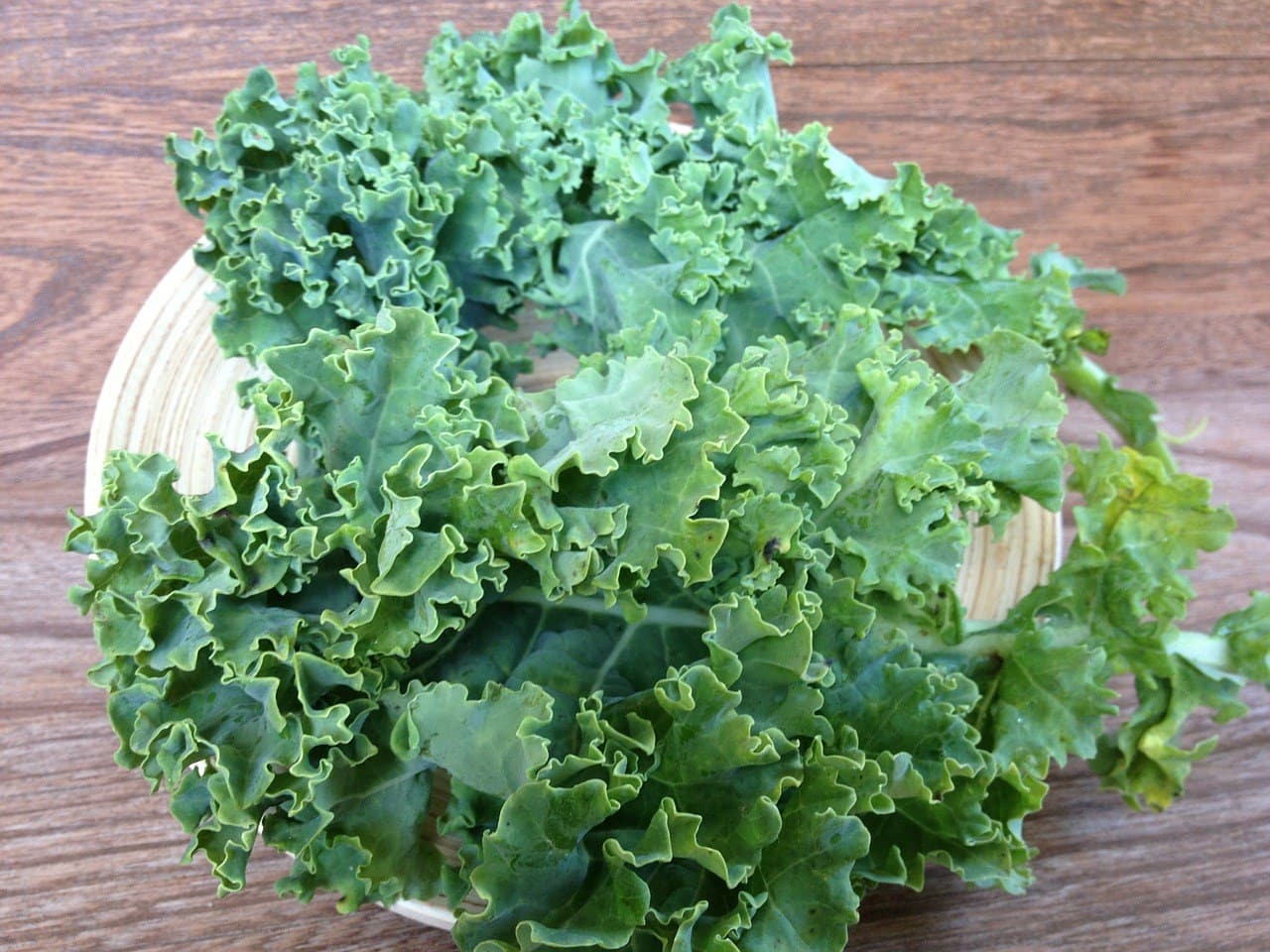
What Should Be the Bulk of Your Tortoise’s Diet?
The type of food suitable for your tortoise depends largely on its species. Those that originated in desert or arid areas, like the Sulcata, Leopard, and Russian tortoises, have adapted to eating mostly fibrous plants and succulents, so these are what should comprise most of their diet, with items like Timothy grass a key staple for these species. Red-Footed, Yellow-Footed, and Elongate tortoises are examples of species from more tropical, forested regions, and they will benefit from including more fleshy vegetables, like carrots, cucumber, courgette, or radishes.
As a general rule, your tortoise should have foods that are high in calcium and fiber and low in sugar, fat, protein, phosphorus, and oxalate. Both types will enjoy some fruit from time to time, but being full of sugar, these should only ever be given as a treat.
Conclusion
You can certainly include kale in your tortoise’s diet, but it should be offered in moderation alongside other leafy greens, hay, vegetables, and the occasional fruit. Although this superfood offers valuable nutrients, such as calcium and vitamins, its high thiocyanate content and potential link to hypothyroidism in tortoises should be taken into consideration. That said, this depends on the species; hence, it is important to discuss this with your veterinarian if you have any concerns.
Either way, keep in mind that providing a balanced and varied diet is one of the best ways to ensure that your majestic pet will spend many years by your side!
Featured Image Credit: etorres, Shutterstock
